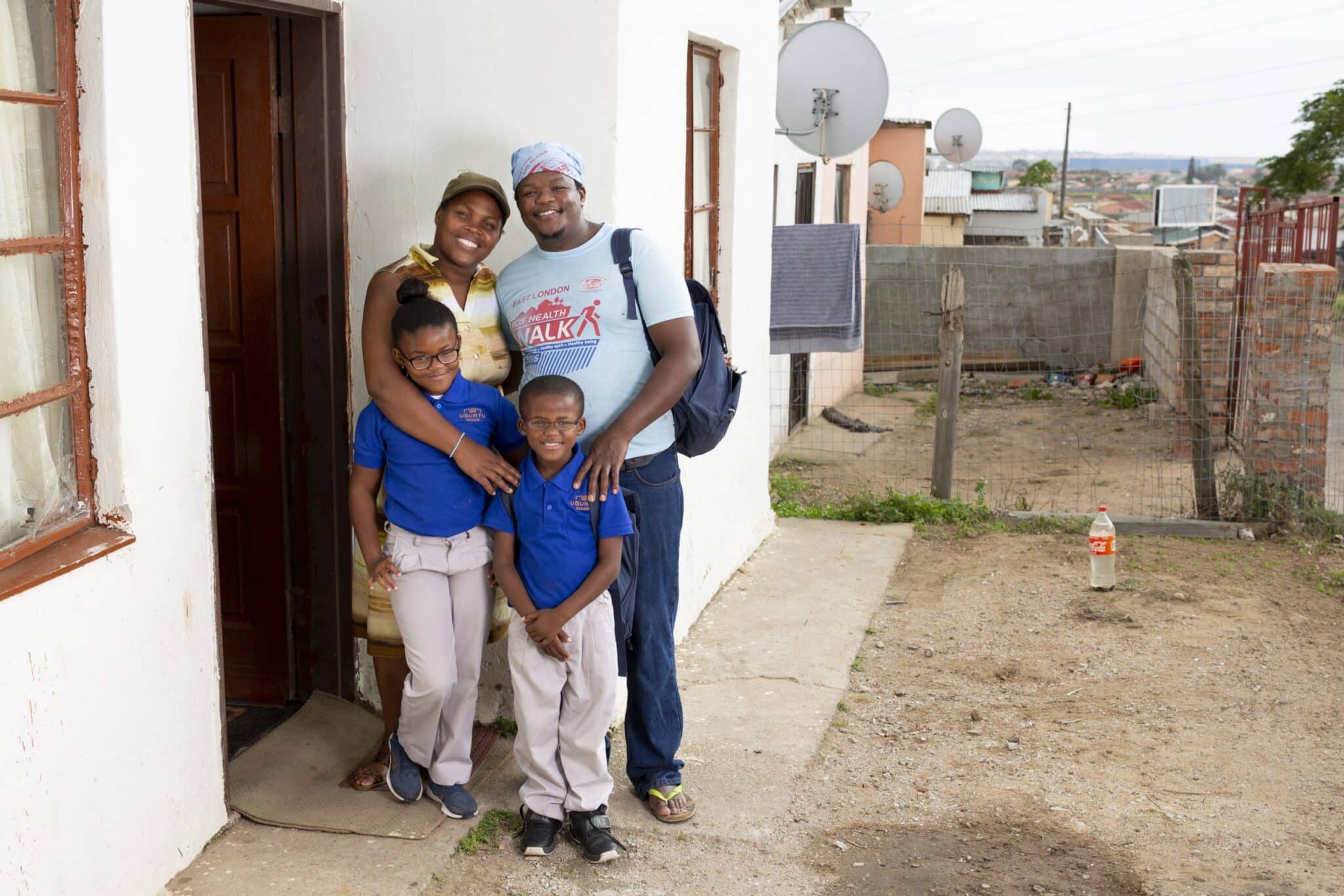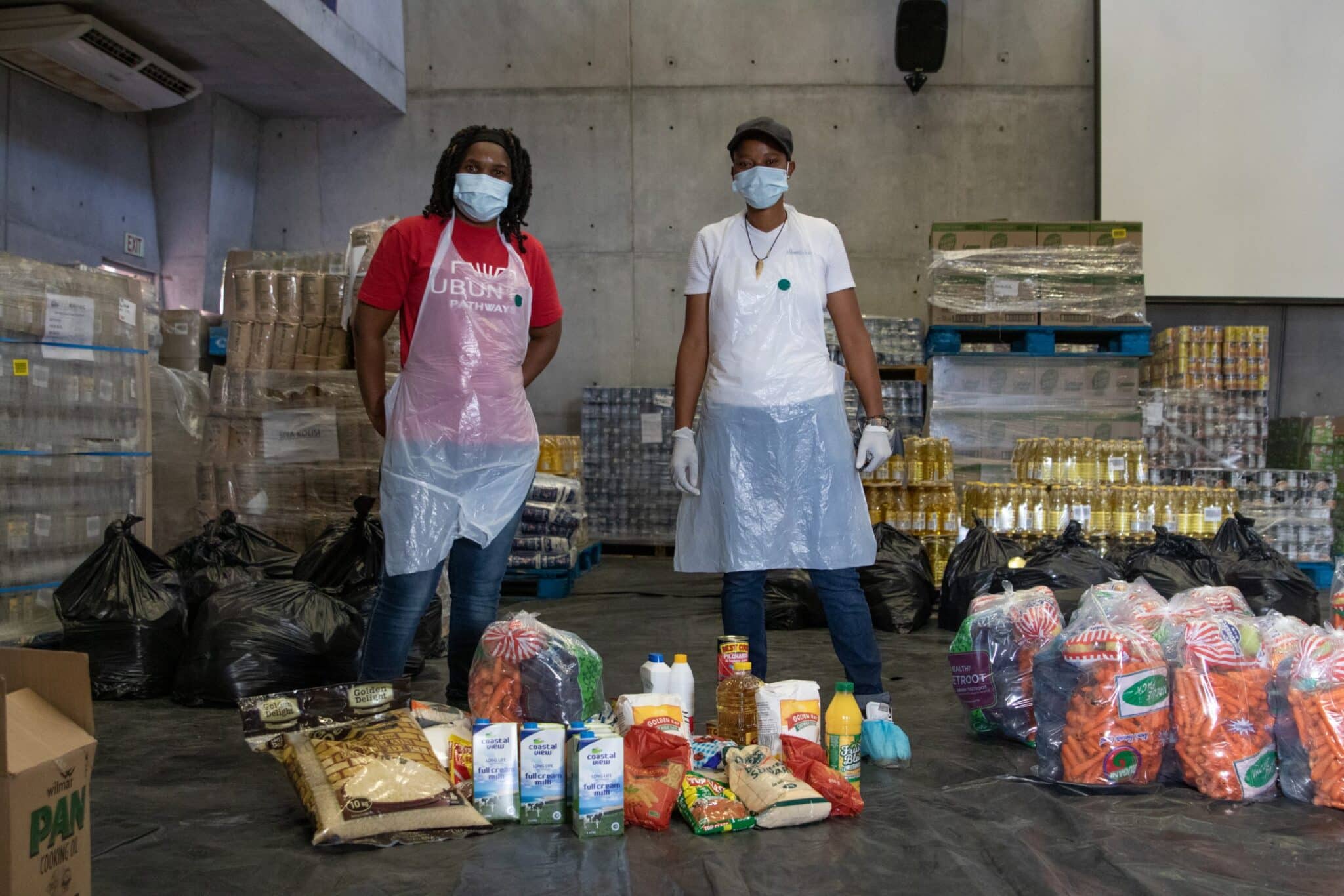Ubuntu Pathways
The Situation
Ubuntu Pathways provides transformative health, education, and household stability services to children and their families in the townships of Port Elizabeth, South Africa. Ubuntu has redefined mainstream development models to break the cycle of poverty by focusing on the depth rather than breadth of their impact on a community of 400,000. Over the past 21 years, their theory of change, the Ubuntu Model, has professionalized Ubuntu’s grassroots service delivery. Currently, Ubuntu is supporting 2,000 children on pathways out of poverty, from cradle to career. Since its inception, Ubuntu has experienced its share of challenges, from political unrest to economic downturns—but nothing comes close to the global threat they face with COVID-19. The pandemic has the potential to ravage their community in South Africa, a country with the largest HIV population in the world and one of the highest burdens of TB.
The Roadblock
In response to the crisis, Ubuntu Pathways launched a comprehensive emergency COVID-19 response to provide essential medical and psychosocial services to the most vulnerable. Food security also emerged as one of the biggest challenges to their community. With social distancing measures in place, many people lacked the means to travel safely and buy food. Unlike those in more affluent communities, the families that Ubuntu serves do not have the financial resources to stockpile food and supplies. Unemployment, job instability, and domestic abuse also all spiked in South Africa when the lockdown began.

Open Road's Response
With a charitable grant of $25,000 from ORA, Ubuntu Pathways was able to pivot, expand their reach, and launch a food assistance program supporting up to 5,000 people in the townships of Port Elizabeth (the program has grown to almost 30,000 people to date). Additionally, Ubuntu provided emergency medical services, including life-saving HIV treatment, for 458 clients and ensured healthcare and psychosocial services for immuno-compromised children and their families.
To learn more visit: ubuntupathways.org


